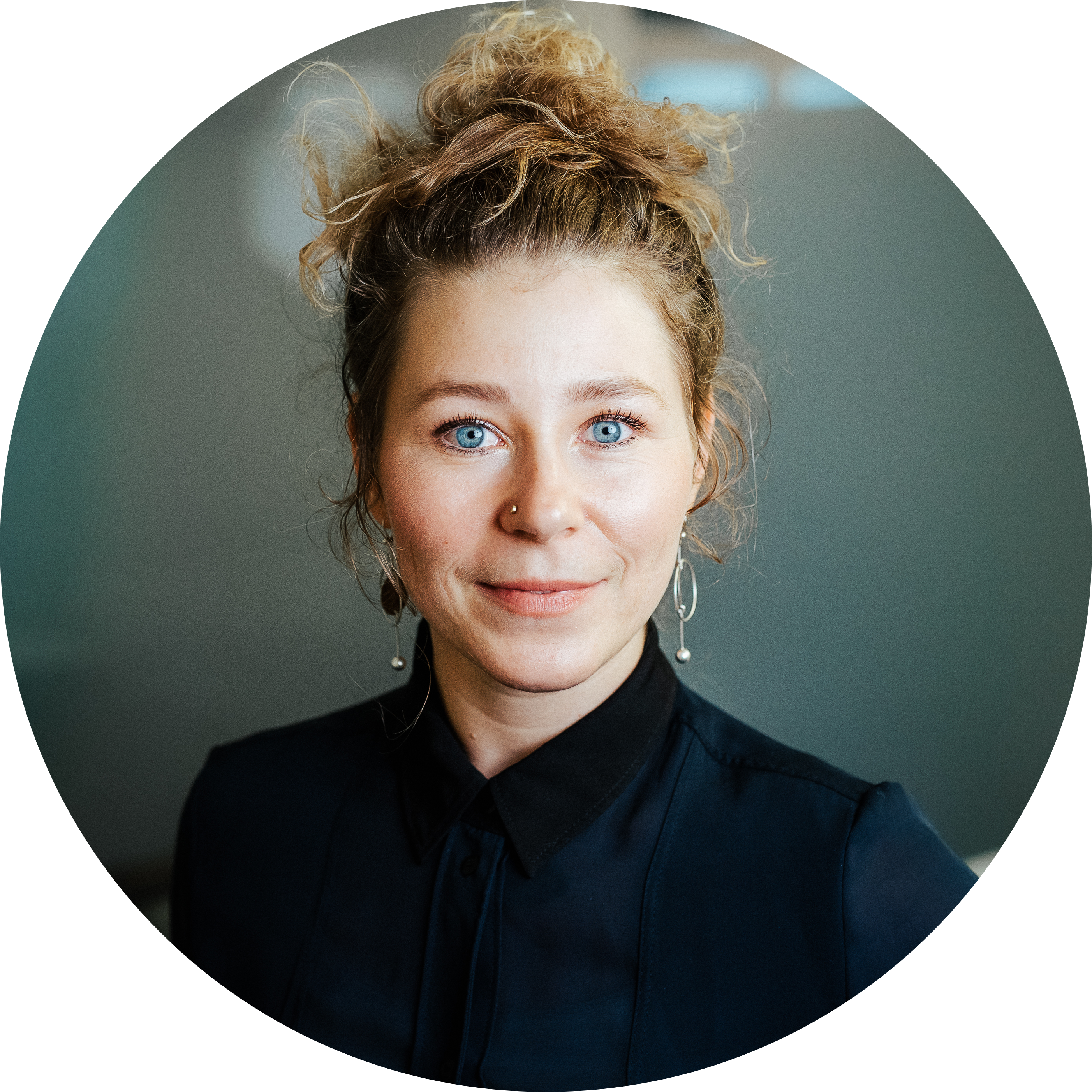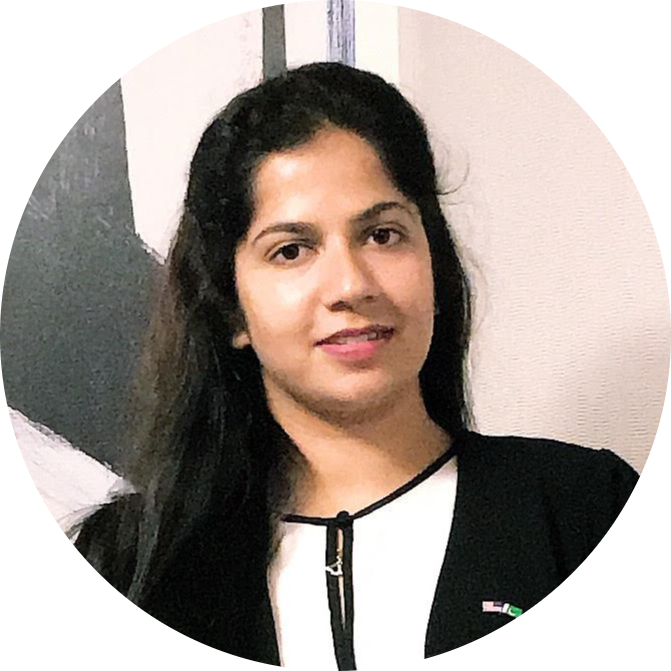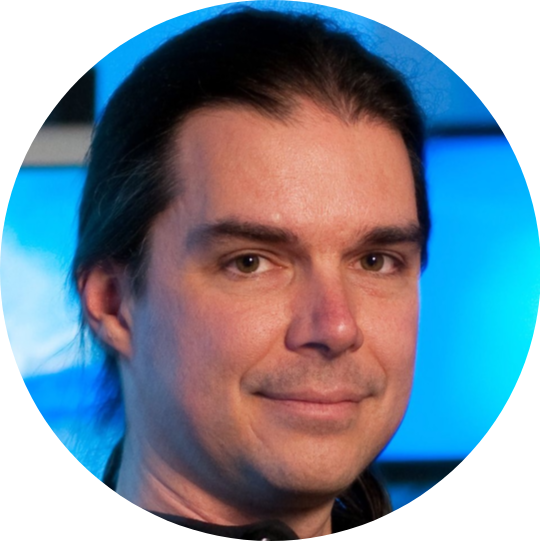
“CAIRNE is the world’s largest network of AI research laboratories, and we are very happy and proud to have our headquarters in The Hague. Alongside The Hague’s reputation as a city of Peace and Justice, The Hague and the Netherlands more in general, are an ideal home base for CAIRNE, which is going to shape the way AI is going to be used in Europe. The Netherlands is a hotbed for AI research and innovation in Europe, and home to a large number of internationally leading experts in AI.”
Prof. Dr. Holger Hoos, Chair of the Board of Directors of CAIRNE, and Alexander von Humboldt professor in AI at RWTH Aachen University (Germany), as well as professor in machine learning at Universiteit Leiden (the Netherlands) and adjunct professors in computer science at the University of British Columbia (Canada)

On the 9th of December 2019 The Hague played host to the launch of the headquarters for the world’s largest AI research network. CAIRNE has been established in response to the pressing need for excellence in AI research and innovation that ensures that Europe remains competitive in AI and its applications. With CAIRNE, Europe, the Netherlands and the city of The Hague in particular plan to step up the game in terms of investment in talent, research, technology and innovation in AI, with a focus on AI for good and AI for all.
During the opening of its new headquarters in the Humanity Hub in The Hague, CAIRNE announced a focus on AI for good – and specifically, the use of AI to help reach the United Nations’ Sustainable Development Goals. AI for all refers to the broad access to, and benefit from AI, across all of society, including small, medium-sized and large enterprises, government and public administration, non-governmental organisations and citizens across Europe and the world.
In recent years, a discernible effort has been made to transform The Hague into an innovative city, seen through the city’s focus on fashioning technology and business with positive impacts on society, Tech for Good and AI for Good initiatives. Therefore, a human-centred focus on AI finds a well-established home in The Hague.
The CAIRNE headquarters in The Hague will support CAIRNE activities all over Europe, coordinating the work of existing CAIRNE offices in Brussels (BE), Paris (FR), Prague (CZ), Saarbrücken (DE), Rome (IT) and Oslo (NO) and Zürich (CH). It will interact and coordinate with the NL AI Coalition, the European Commission, AI4EU, the European AI Association, the Benelux AI Association, CBS, TNO and ELLIS. The opening of the CAIRNE headquarters in The Hague thereby helps CAIRNE to strengthen the position of the Netherlands as a mayor hub on AI in Europe.
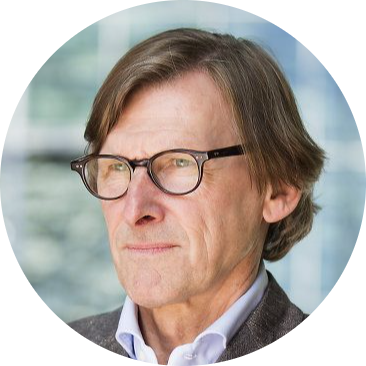
Prof.dr. Jeroen van den Hoven, TU Delft (co-chair)
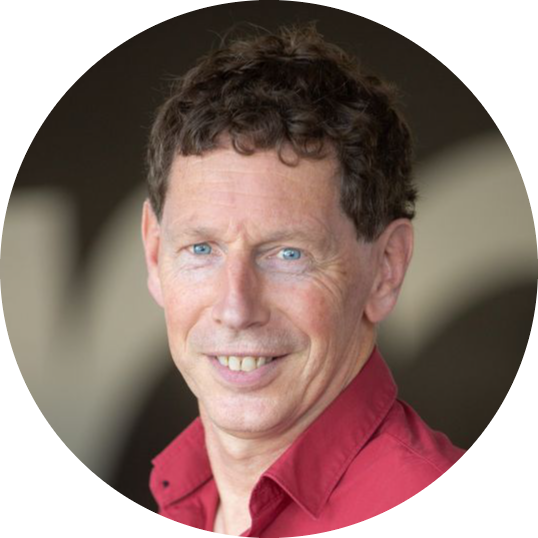
Prof. dr. Frank van Harmelen, VU Amsterdam (co-chair)
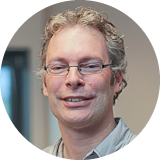
Prof. Dr. Bart Verheij, Groningen University/ IAAIL / BNVKI
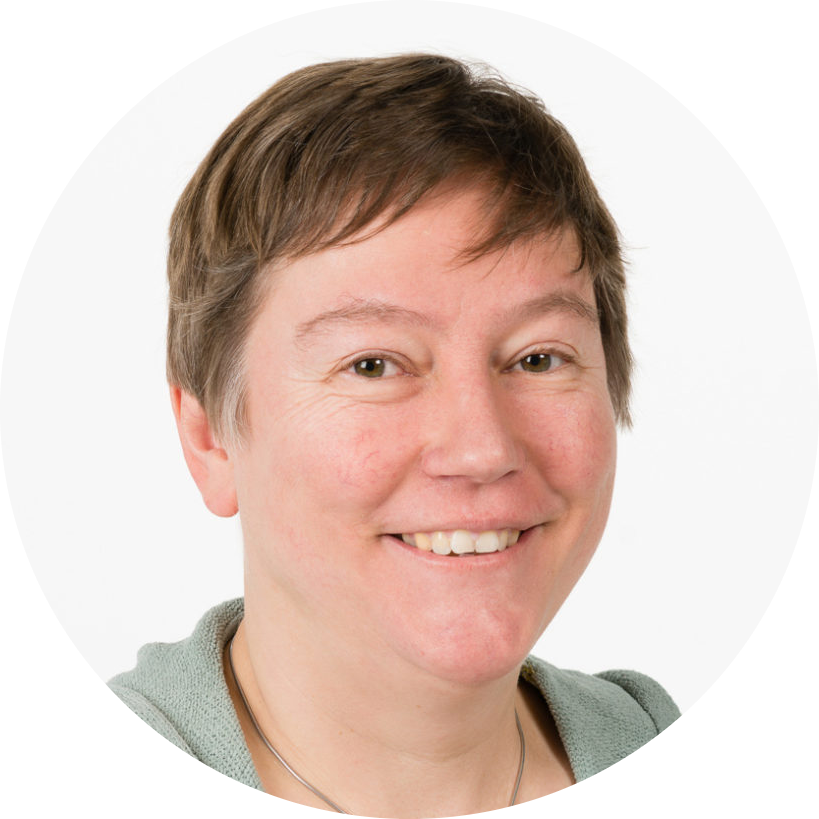
Prof. Dr. Catholijn Jonker, TU Delft / Leiden University / EurAI
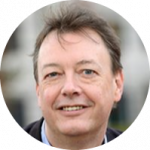
Prof.Dr. Dirk Heylen, University of Twente
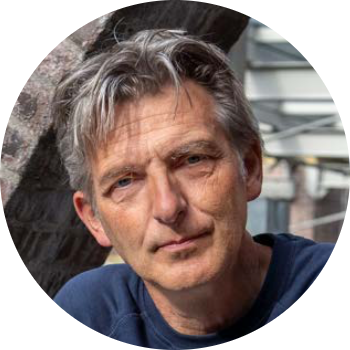
Prof.dr. Eric Postma, Tilburg University

Prof.dr. Holger Hoos, Leiden University
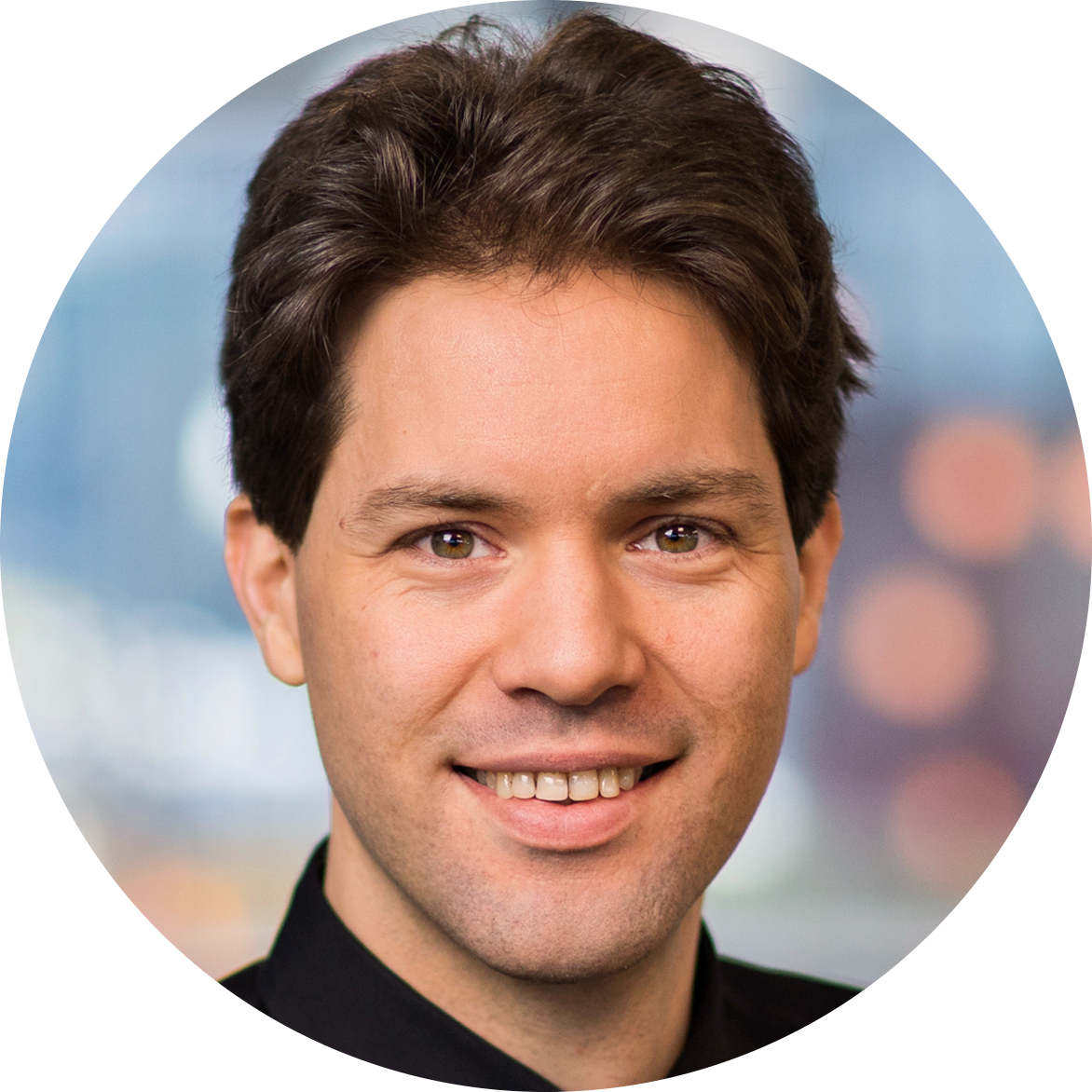
Dr. ir. Joaquin Vanschoren, TU Eindhoven
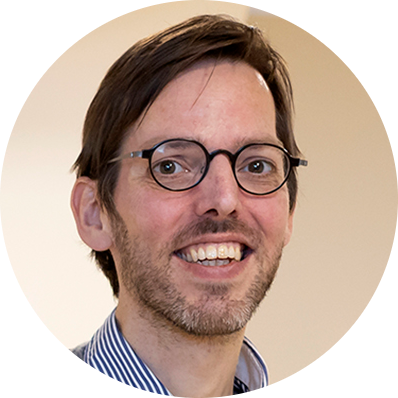
Prof.dr. Joost Batenburg, Leiden University
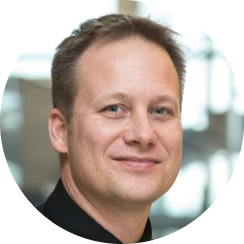
Prof.dr. Paul Groth, University of Amsterdam / ICAI
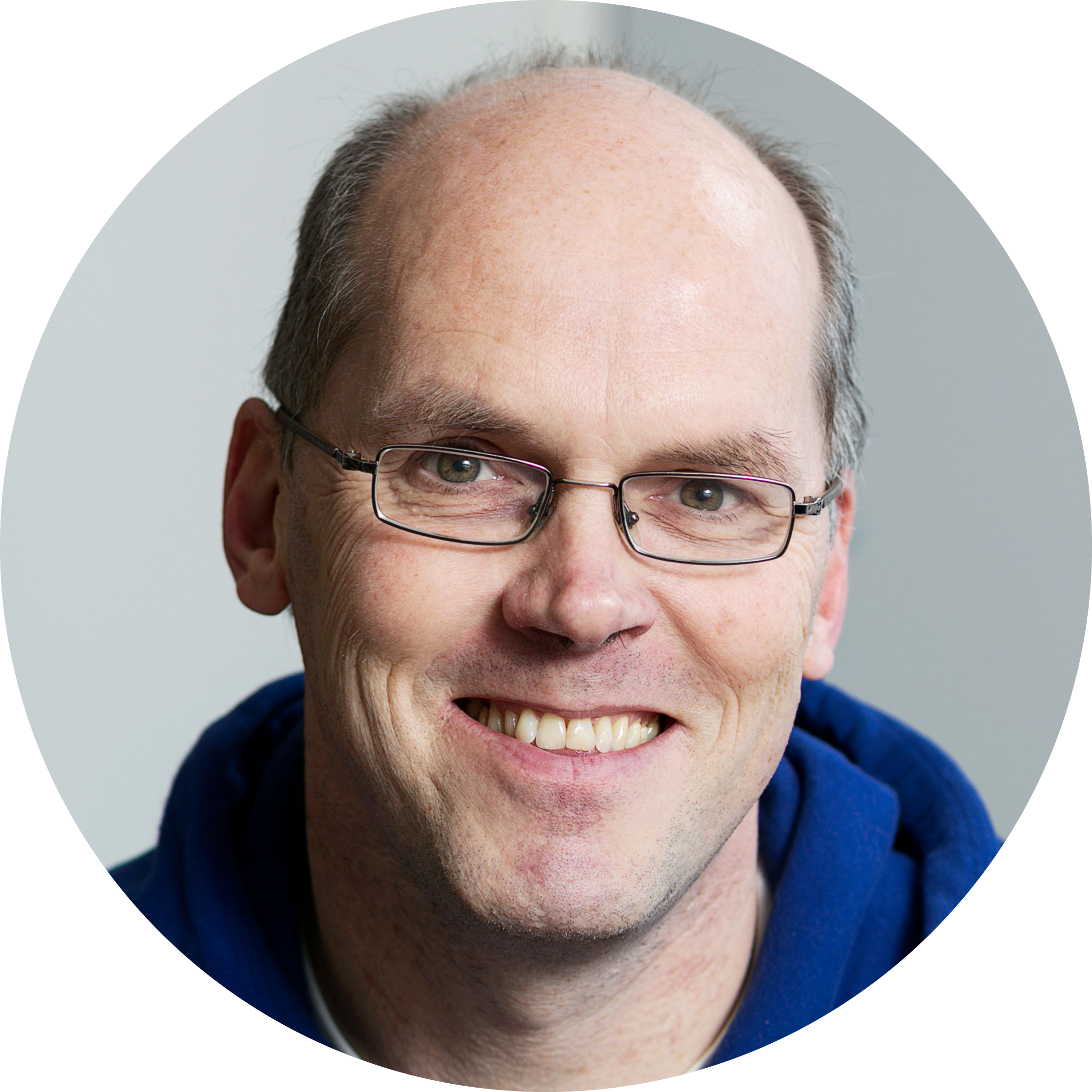
Innovation Network:
Research Network:
- Advanced Concepts Team, European Space Agency, Noordwijk (contact: Dario Izzo)
- Computational Intelligence Group, Vrije Universiteit Amsterdam, Amsterdam (contact: Prof.Dr. A.E. Eiben)
- Crime & Safety department, Jheronimus Academy of Data Science, Den Bosch (contact: Peter de Kock)
- CWI – Centrum Wiskunde & Informatica, NWO-I, Amsterdam (contact: Laura Hollink)
- Human-Centered Data Analytics (contact: Laura Hollink)
- DAIR – Delft Artificial Intelligence Research, Delft University of Technology, Delft (contact: Catholijn M. Jonker and Matthijs Spaan)
- Data Mining Research Group, Eindhoven University of Technology, Eindhoven (contact: Joaquin Vanschoren)
- Department of Artificial Intelligence, Bernoulli Institute of Mathematics, Computer Science and Artificial Intelligence, University of Groningen, Groningen (contact: Bart Verheij)
- DKE – Department of Data Science and Knowledge Engineering, Maastricht University, Maastricht (contact: Gerhard Weiss)
- Department of Information and Computing Science, Utrecht University, Utrecht (contact: Mehdi Dastani)
- Intelligent Systems (contact: Mehdi Dastani)
- Department of Radiology, Leiden University Medical Center, Leiden (contact: Mark A. van Buchem)
- Eindhoven AI Systems Institute (EAISI), Eindhoven University of Technology, Eindhoven (contact: Paul Merkus)
- Human-centered Artificial Intelligence focus area, Utrecht University, Utrecht (contact: Mehdi Dastani)
- Information and Language Processing Systems, University of Amsterdam, Amsterdam (contact: Maarten de Rijke)
- Innovation Center for Artificial Intelligence, University of Amsterdam, Amsterdam (contact: Maarten de Rijke)
- Intelligent Sensory Information Systems Lab, University of Amsterdam, Amsterdam (contact: Cees Snoek)
- KNAW Humanities Cluster, Royal Netherlands Academy of Arts and Sciences, Amsterdam (contact: Antal van den Bosch)
- Knowledge Representation & Reasoning Group, Vrije Universiteit Amsterdam, Amsterdam (contact: Frank van Harmelen)
- Leiden Institute of Advanced Computer Science, Leiden University, Leiden (contact: Aske Plaat)
- ADA Research Group (contact: Holger Hoos)
- Computational Drug Discovery (contact: Gerard JP van Westen)
- EDA research group (contact: Matthijs van Leeuwen)
- Data Science Research Programme (contact: Wessel Kraaij)
- LCDS – Leiden Centre of Data Science – Network activities (contact: Jaap van den Herik)
- LERC – Leiden Embedded Research Center (contact: Todor Stefanov)
- LIACS Reinforcement Learning Group (contact: Aske Plaat)
- Natural Computing Group (contact: Thomas Bäck)
- Logic-based methods in AI / Theoretical Philosophy, Utrecht University, Utrecht (contact: Jan Broersen)
- Radboud Artificial Intelligence, Radboud University, Nijmegen (contact: Tom Heskes)
- The D-Lab, Maastricht University, Maastricht (contact: Henry Woodruff)
- Social AI group, Vrije Universiteit Amsterdam, Amsterdam (contact: Koen Hindriks)

